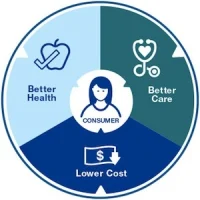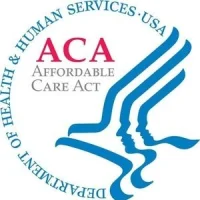The outcome of the recent U.S. presidential election which saw Republican Donald Trump victorious has shed an uncertain light onto healthcare as the president-elect has repeatedly vowed to repeal the Affordable Care Act (ACA) but will not release details until the January inauguration. To add to the confusion, since his election Trump has indicated that he may be willing to maintain some parts of the ACA.
Proposed reforms are hampering
decision-making and could slow progress on HIT initiatives as well as others.
At a time of year when many healthcare organisations are conducting budgeting and strategic planning, decision-making could be seriously paralysed.
There are sections of the healthcare
sector, though, that will not be likely to undergo any significant or immediate
change relieving uncertainty in key areas:
They are as follows:
Secular Trends to Continue
Disruption led by technology, healthcare consumerism, increased use of data analytics and innovation in healthcare business models are unlikely to be stalled by the new government. Such trends are not legalisation-linked but led by technological advances and consumer choices.
Business
model innovation is likely to thrive as senior healthcare leaders look at how
they can offset revenues affected by the movement to value based care.
See Also:Trump Wins Presidency: U.S. Healthcare Leaders Forced to Rethink Future
MACRA: Medicare Access and CHIP Reauthorisation Act
MACRA, passed in 2015, is bipartisan legislation so is unlikely to have see revisions in the near future. MACRA is the sole largest regulation behind provider business models, uncertainty surrounding reimbursements and revenues will not be an issue under the new presidency.
Cost Optimisation Focus Good Business Practice
Cost optimisation has been in focus in recent years driving the executive agenda. The industry still has opportunities to see IT or supply chain cost savings. The uncertainty ahead offers a good opportunity for revisiting the cost base and redesigning optimal operating models.
The lack of certainty for healthcare following the U.S. presidential poll does not have to lead to decision-making paralysis especially where secular trends are dominating. These can help in planning ahead of the January inauguration.
Source: Health Data Management
Image Credit: Katie Brennan










